Lesson #3 –Makes a smaller footprint for a bigger handprint – Entry #151
Nancy and I chose unemployment and a downsized sustainable lifestyle for a reason. I’ll admit, it was a joy living in the quiet seclusion of the old ranch for that season of time, but it wasn’t our intention to withdraw from society and live an inward reclusive lifestyle. We had purposefully made the decision to downsize our life so that we could upsize our impact on the world around us. Our experience in 1982 (see entries 149 & 150) taught and prepared us for a greater life of outward service. We had seen the broken world first hand and wanted to help make a difference with our lives. We had also observed many with a heart to do significant things yet unable due to excessive debt load. Many had lived beyond their means and were owned by material possessions. We wanted to be in a position of freedom, not in the bondage of financial debt. It was our goal to learn to make a smaller footprint with our lives by consuming less, owning less and not allowing the possessions we had to possess us. We wanted to express the viewpoint through our lifestyle that we had come into the world with nothing and would leave with nothing. We believed that it all belonged to God anyway. We knew we were called to be stewards, not only of the land we lived on, but of all the things God cared about, especially suffering humanity. We wanted to make a smaller footprint so we might be able to make a bigger handprint; the handprint being the imprint of God on the world around us. It was with this thinking in mind that I eventually wrote the book, “Small Footprint / Big Handprint – How to live simply and love extravagantly”.
Now back to my story. If you recall from my former blog, this whole adventure started when we felt called to Thailand to help a hill tribe people group called the Karen. They had lived in Burma, but because of ethnic cleansing by the Burmese government, many had been forced to flee across the border into Thailand in an attempt to avoid mass murder and extreme persecution. My exposure to the Karen was my first experience with such atrocities up close and personal. Getting the chance to know them and even live among them gave Nancy and me a kind of love that’s hard to describe. The experience was so life-changing we knew at once that we could never live solely for ourselves again. Our worldview had been shattered. In the years to come we couldn’t watch the atrocities in places like Somalia or Darfur without being broken for the people involved. We desperately wanted to somehow help alleviate the suffering. Even natural disasters such as hurricanes, tsunamis, floods or earthquakes and the pain they inflicted upon the extreme poor challenged us. We could no longer be spectators; we had to get involved. No longer could I turn my back on things like human trafficking, world hunger, world health or environmental degradation. I knew these things where breaking the heart of God and should be breaking mine as well. We realized that life had much more to offer than to simply withdraw and live for personal security, comfort, and survival. We wanted to be part a greater cause.
If you want to successfully live a sustainable lifestyle you have to have a vision that is bigger than yourself. Becoming a social dropout is tempting at times, but in the end it will lead to emptiness. Nancy and I have tried to develop Timber Butte into a sustainable homestead not to pull back from society, but to add to it. We are striving to become more energy efficient for the sake of future generations. We are attempting to learn better ways of organically producing food because we know how damaging mass production of factory farms can be to the environment and health. We care about forestry practices because we have seen the effects of deforestation in the developing world where there is little or no restraints on clear cutting. We care about the preservation of water because we have seen the effects drought and pollution have had in so many parts of the world. We want our lives to serve as an example for others to follow.
When I resigned from my job is 1982 I used the time to redesign myself. I spent time evaluating what I thought was really important and how I wanted to spend the rest of my life. We decided to put our financial concerns second to the pursuit of a life that had purpose and value. I decided not to look for a job, but rather for a lifestyle that had meaning while still providing our basic financial needs. I guess that’s how we ended up in the type of ministry we did. We didn’t want just any ministry, but a ministry that was intent on capturing the heart of God and fulfilling the commission of Jesus to love people and bring healing to broken humanity. It was our aim to be part of a people who desired to be on the frontlines of suffering humanity, not merely to be content watching it on CNN.
The third lesson I learned from being unemployed was that it gave me an opportune time to take a new direction and go after the things that would instill a new and lasting passion for life.

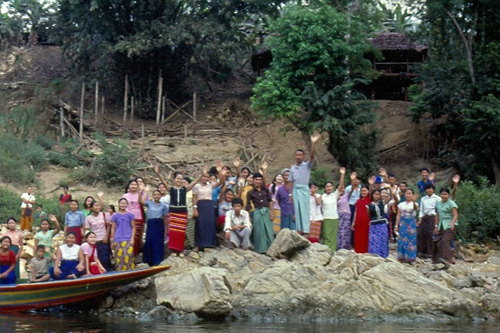
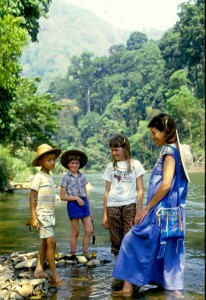

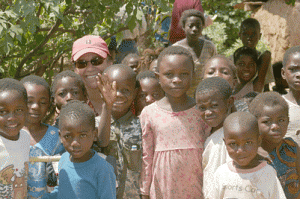
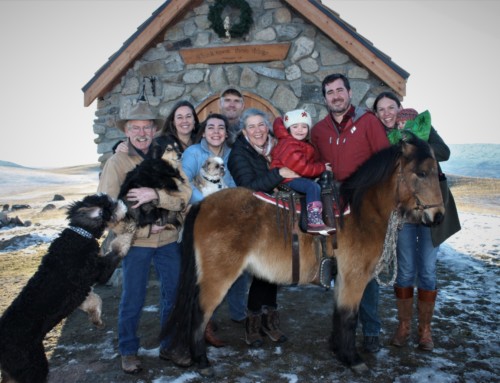
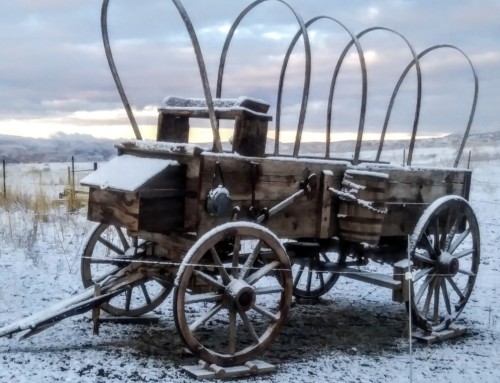
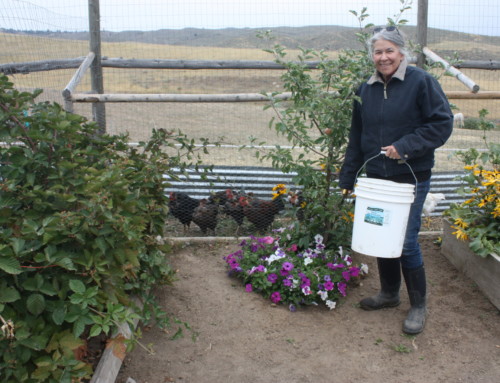
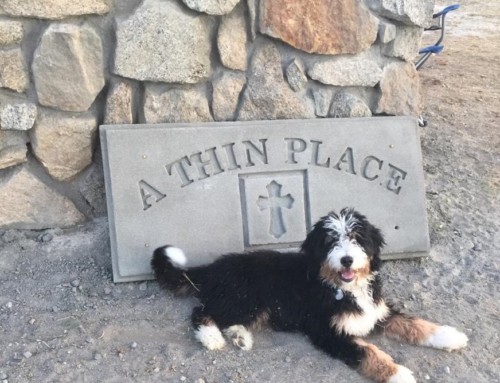
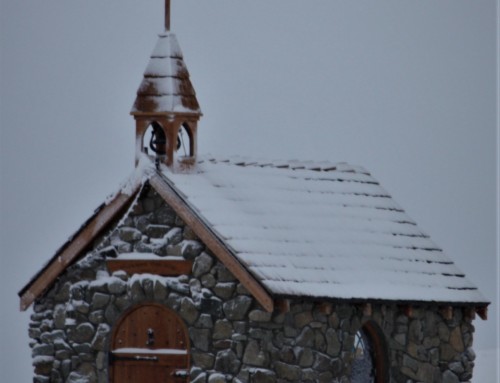
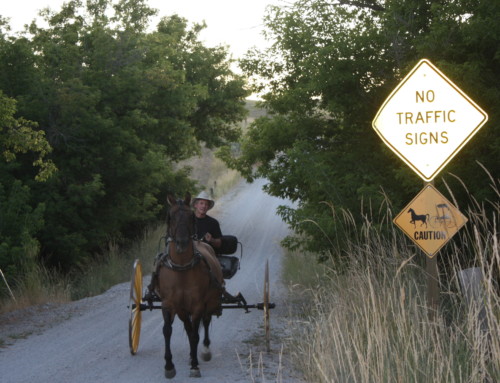
Leave A Comment
You must be logged in to post a comment.